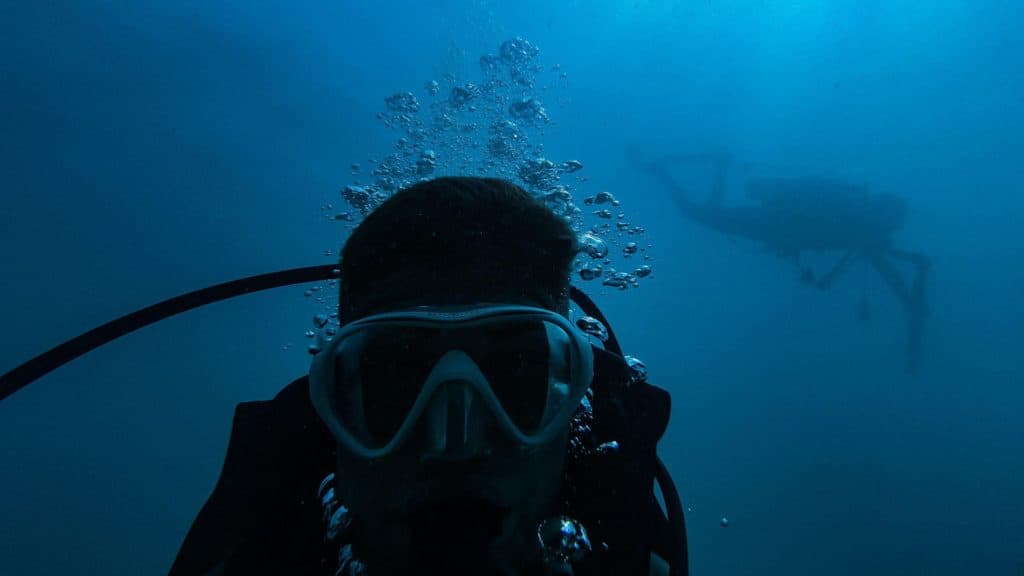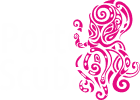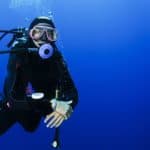Beginners Scuba Diving Courses

Beginners Scuba Diving Courses: Take the Plunge into the Underwater World
Scuba diving is an incredible experience that provides a unique view of the underwater world. With its breathtaking landscapes, diverse marine life, and tranquil surroundings, it’s no wonder that millions of people around the world are interested in learning how to scuba dive. Whether you’re a first-time diver or simply looking to improve your skills, scuba diving courses are a great way to get started.
As a beginner, it’s natural to feel a little nervous about scuba diving, but with the right training and equipment, it’s a safe and enjoyable activity. Beginner scuba diving courses are designed to teach you the basic skills and knowledge you need to start diving, so you can confidently and safely enjoy the underwater world.
Choosing the right scuba diving course is important, as different courses cater to different levels of experience and skill. So, let’s explore what you need to know about beginner scuba diving courses and how to get started.
What are Beginner Scuba Diving Courses?
Beginner scuba diving courses are designed to provide a comprehensive introduction to the sport of scuba diving. These courses usually cover all the essential knowledge and skills you need to dive safely and comfortably, including:
- Dive theory: This covers the physics, physiology, and equipment involved in scuba diving.
- Pool sessions: These sessions help you to develop your diving skills in a controlled environment, such as a pool.
- Open water dives: These dives take place in an open body of water, such as a lake or the ocean, and allow you to put your skills into practice in a real-life environment.
The objective of beginner scuba diving courses is to provide you with a solid foundation of diving knowledge and skills, so you can confidently and safely enjoy the underwater world.
Book online your “Try Scuba” experience at Halkidiki or Thassos Island here!
Actual ticket activity prices are shown AFTER you choose DATE.
How to Choose the Right Scuba Diving Course
When choosing a scuba diving course, it’s important to consider your personal goals and level of experience. Here are some things to consider when choosing a beginner scuba diving course:
- Course length: Some courses are short and take just a few hours, while others are more comprehensive and take several days. Consider your time availability and budget when choosing a course.
- Course location: Scuba diving courses are offered in many locations around the world, including dive shops, resorts, and schools. Consider the location of the course and the diving environment when choosing a course.
- Course provider: Consider the reputation and experience of the course provider when choosing a course. Look for courses that are accredited by a recognized scuba diving organization, such as SSI or others.
- Course cost: Scuba diving courses can vary in cost, so consider your budget when choosing a course.
Benefits of Beginner Scuba Diving Courses
There are many benefits to taking a beginner scuba diving course, including:
- Improved safety: Scuba diving courses teach you the skills and knowledge you need to dive safely, reducing the risk of accidents and injury.
- Better diving experience: With proper training, you will have a better and more enjoyable diving experience.
- Increased confidence: By learning the basics of scuba diving, you will feel more confident and comfortable in the water.
- Diving independence: After completing a scuba diving course, you will be able to dive independently and explore the underwater world on your own.
Tips for Beginner Scuba Divers: A Guide to a Safe and Enjoyable Diving Experience
Scuba diving is a thrilling and breathtaking experience that gives you the chance to explore the underwater world and discover the beauty of the oceans. But for those who are just starting out, diving can seem like a daunting experience. To help you get started and make the most of your diving adventures, we’ve put together this comprehensive guide with tips for beginner scuba divers.
- Start with a Scuba Diving Course
The first step to becoming a confident and safe scuba diver is to take a scuba diving course. A good scuba diving course will teach you the basics of diving, including dive equipment, dive techniques, and dive safety procedures. This will give you the knowledge and skills you need to start diving and make sure you have a safe and enjoyable experience.
- Choose the Right Dive Equipment
Having the right dive equipment is essential for a comfortable and safe diving experience. Make sure to invest in quality dive gear that fits well, is comfortable, and is suitable for your diving needs. This includes a wetsuit, dive mask, fins, and dive regulator.
- Get in Shape
Scuba diving requires physical effort and a certain level of fitness. To make the most of your diving experience, it’s important to be in good physical shape. This includes having good cardiovascular and lung health, as well as being able to swim and float comfortably in the water.
- Dive with a Partner
Diving with a partner is one of the most important tips for beginner scuba divers. Diving with a partner provides safety and support in case of an emergency and allows you to share your diving experiences with someone else. Make sure to choose a dive partner who has similar skills, interests, and goals to your own.
- Know Your Limits
One of the key tips for beginner scuba divers is to know your limits. It’s important to understand your own abilities and limitations and to dive within them. This will help to prevent accidents and ensure that you have a safe and enjoyable diving experience.
- Pay Attention to Dive Planning
Proper dive planning is crucial for a safe and enjoyable diving experience. Make sure to consider factors such as dive location, dive conditions, dive depth, and dive time when planning your dives. This will help you to avoid potential problems and ensure that you have a safe and enjoyable diving experience.
- Dive within Your Experience Level
It’s important to dive within your experience level and to gradually build up your skills and experience over time. This will help you to avoid potential problems and ensure that you have a safe and enjoyable diving experience. Start with easier dives and gradually progress to more challenging dives as your skills and experience increase.
- Respect the Marine Environment
Scuba diving gives you the opportunity to explore the underwater world and see the beauty of the oceans. But it’s important to respect the marine environment and to follow good diving practices to protect the delicate marine ecosystem. This includes avoiding touching or disturbing marine life, avoiding damaging coral reefs, and following good diving practices to minimize your impact on the underwater environment.
- Seek Professional Guidance
If you’re a beginner scuba diver, it’s important to seek professional guidance!
send us an email at tours@portoscuba.com
call us: +306980700070
send a message via WhatsApp
send an SMS
call us on Skype
call or text us on Viber
send a message via Messenger
Don't forget to mention:
- Number of persons, possible dates
- The hotel you'll be staying
- The activity you are interested in

 Previous Post
Previous Post Next Post
Next Post